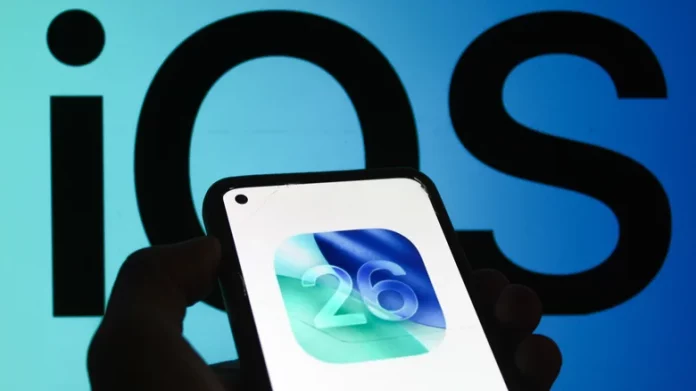One of the standout additions in Apple’s iOS 26 is a smart new text filtering system designed to help users avoid falling victim to phishing scams. With texting scams becoming increasingly common, Apple’s latest update aims to make iMessage and SMS communications safer and easier to manage.
The new feature automatically organizes incoming messages by separating those from known contacts into your main inbox, while suspicious or potentially harmful texts are routed into a Spam folder for review later. By default, messages from unknown numbers—such as verification codes from your bank or promotional surveys—still appear in the main thread. However, Apple gives users the option to filter these out as well.
To enable this, open the Messages app, tap the hamburger icon (three horizontal lines) in the upper-right corner, and select Manage Filtering at the bottom of the menu. From there, turn on the toggle for screening messages from unknown senders. Once this feature is active, non-scam messages from unknown numbers will be automatically moved to a separate folder, aptly labeled Unknown Senders.
It’s a thoughtful and practical enhancement that could significantly reduce the chances of users accidentally sharing sensitive information with scammers.
Texting scams are more rampant than ever
The rise in texting scams has been staggering. These fraudulent messages have evolved into a multi-billion-dollar enterprise, with criminal syndicates—particularly in China—reaping enormous profits. Recent reports estimate that text-based scams have generated over $1 billion for organized cybercriminal groups in recent years.
A Pew Research Center study underscores how widespread the issue has become: 61% of U.S. adults receive scam texts at least once a week, while 20% say they encounter them daily. Even tech-savvy users aren’t immune; phishing attempts are becoming more convincing, thanks in part to AI models such as ChatGPT, which help scammers craft authentic-looking messages.
While many assume only older adults fall for online fraud, reality paints a different picture. Pew’s data shows that 26% of adults aged 18–29 have lost money to an online scam, proving that no age group is truly safe.
Why Apple’s safeguards matter
Amid this growing threat, Apple’s new spam filtering feature arrives at the right time. It gives users more control over their inboxes and more protection against deception. Additionally, Apple’s latest Memory Integrity Enforcement (MIE) technology—introduced with the iPhone 17 lineup—adds another layer of security against spyware and exploit-based attacks.
Together, these updates make iOS 26 not just a refinement of usability, but a meaningful step toward safeguarding users against the increasingly sophisticated world of digital fraud.




